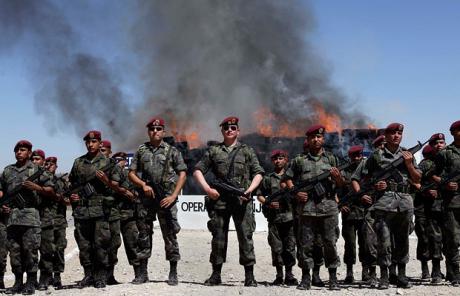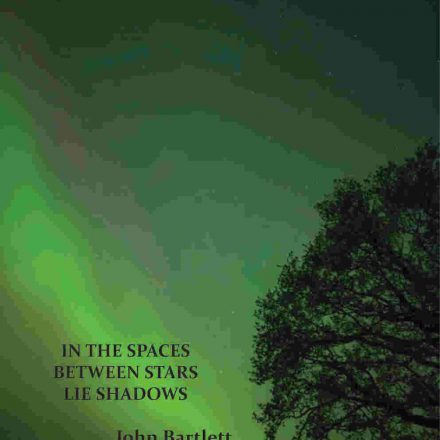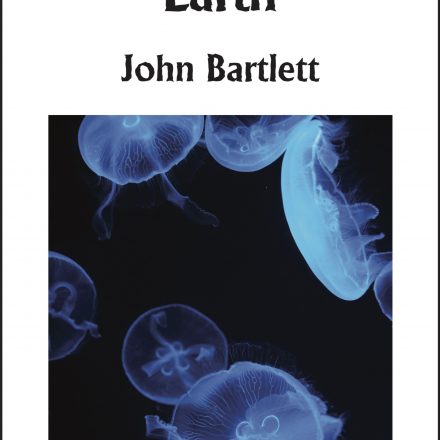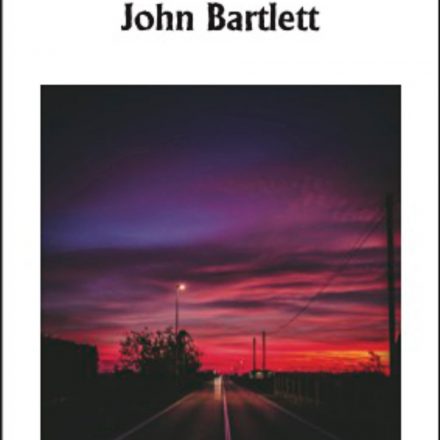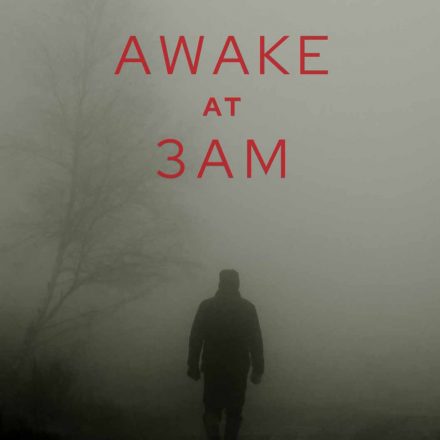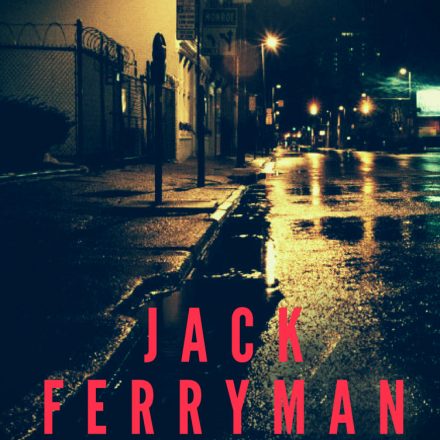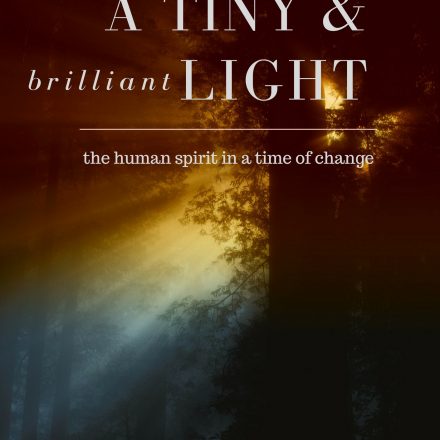It’s always a pleasure to discover a new writer who takes you into a world as yet unexplored. Recently I encountered the work of Sam Hawken, originally a Texan writer whose most recent book Missing is set in the borderlands between Mexico and Texas. The story’s hero, Jack Searle is an American widower bringing up his two stepdaughters, Lidia and Marina, alone in the border town of Laredo. One night, Marina crosses the border into Mexico to go to a concert with her cousin Patricia in Nuevo Laredo — a dangerous city, controlled by drug cartels and devastated by violence and corruption. They never come back.
Although fiction, Hawken’s world is the crime-riddled lands where what’s currently known as ‘The Mexican Drug War’ is still on-going. It was a revelation to me to learn that this has been a continuing war between the Mexican government and the drug cartels since 2008. Mexican drug cartels control apparently 90% of the cocaine entering the United States. And alarmingly the estimated death toll of the war has so far been 120,000 with 27, 000 still missing.

Given this context, Missing is a confronting story. The cruelty and violence suffered by mostly poor, uneducated Mexicans is relentless but not overwhelming. Hawken gives us remarkable characters, who somehow draw on their inner strength and courage to stand up against faceless cruelty and violence. Hawken is interested in how men (more later about his female characters) face what appears to be insurmountable institutionalised corruption of police and government. His heroes are brave indeed, prepared to use their fists and their wits to protect those whom they love and respect.
But there’s nothing clichéd about his stories. His characters are flawed but they struggle against the odds and his plots are indeed thrilling in the true sense. There’s plenty of tension and excitement, lots of twists and turns to keep the most demanding reader alert. It’s unsurprising that Missing was shortlisted by the Crime Writers Association in 2011 and a later novel Tequila Sunset was judged winner of the Gold Dagger (best crime novel of the year) in 2012.
His female characters are truly courageous. Mostly they are the victims of criminal brutality but they fight back. Once I’d calmed down after finishing Missing, I went in search of his first novel, The Dead Women of Juarez, set in the same location. Hawken in the Afterword to this novel reminds us that although a work of fiction, the female homicides (feminicidios) in his novel are real. Since 1993 more than 400 women have gone missing, either raped or murdered in this border area.
When a new disappearance is reported, Kelly Courter, a washed-up Texan boxer, and Rafael Sevilla, a Mexican detective, are sucked into an underworld of organized crime, believing they can outwit the corruption all around. Once again this is an exploration of how men, who believe in some standards of morality, try to respond to incredible injustice. But for me the star of this story is Paloma, Kelly’s girlfriend. She’s a force to be reckoned with and Hawken’s male characters appear indeed to draw their strength from their relationships with their women. Sevilla’s bonds with his dead wife and missing daughter and grand-daughter are incredibly poignant and the driving force of his courage.
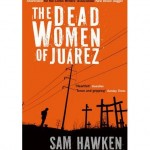
But it’s the writing style of these books that is more seductive than the plot narrative alone. Hawken’s small details of daily life, minute nuances of behaviour, tiny details of houses, or dusty roads, of lonely, roadside bars, delivers a total experience of being immersed in the situation. Sometimes just a few words conveys so much more. For example:
He knew without looking inside that Ella’s home was empty. The rough-hewn door stood open and the shadows within were still. A spider had already drawn a line of silk between the handle and the jamb. Sevilla went inside anyway. Nothing was left but the swept dirt floor. A few stray nails carried wisps of paper from pictures torn down. The legs of a table left depressions in the ground that time would fill and fade until even these were gone.
Hawken’s prose can be cruel and relentless at times when it’s telling a bad story but it’s always poetic too. It’s also the sort of prose that allows your reading mind to wander, to make links with other books, with films, with ideas. Without being didactic or depressing in any way, it presents the ever-present phenomenon of violence, especially against women, an issue to confront and deal with.
Synchronistically, earlier today, Quentin Bryce, the former Australian Governor General had this to say about such violence: “The truth is that domestic and family violence is caused by unequal distribution of power and resources between men and women. It’s about the rigid gender roles and stereotypes that characterise our society: the culture and the attitude that support violence against women.”
It’s a further indication of the need to face up to this problem too that tonight ABC’s Four Corners will be showing the controversial documentary India’s Daughter. Banned in India by the national government, it tells the story of the rape and murder of Jyoti Singh Pandey, in Delhi and the fact that in India a woman is raped every 20 minutes. The novels of Sam Hawken indeed prove to me that there’s nothing more truthful and compelling than works of fiction when they truly soar.

